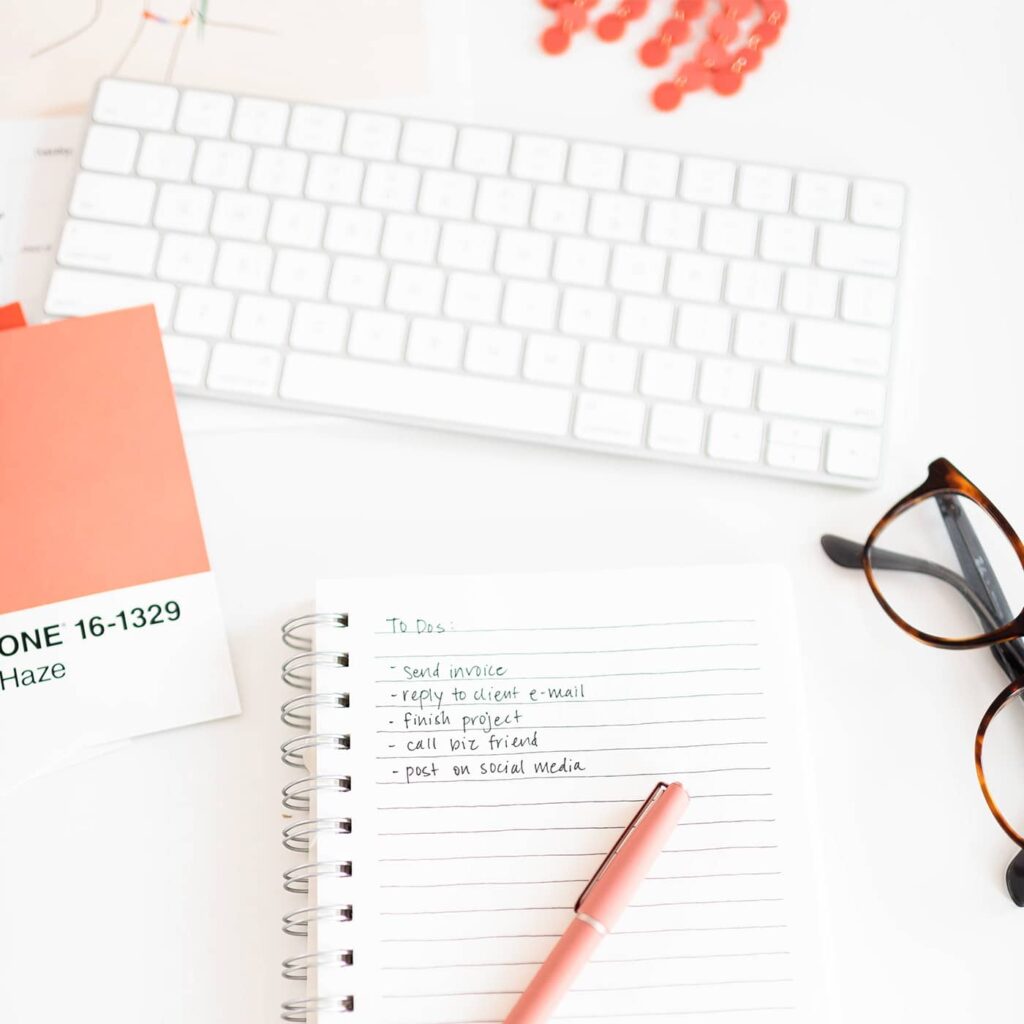Gerunds and to + Infinitives

Gerunds and To + Infinitives.
Gerunds or to + infinitive with other verbs? That is the question. In this post, we will find out when to use these special versions of verbs.
Gerunds are verbs with -ing at the end of them. e.g. running, jumping and cooking. We need to use a gerund when the verb is the subject of the sentence.
- Running is good for your health.
- Jumping is hard on your joints.
- Reading improves your vocabulary.
- Swimming in the ocean is refreshing.
- Gardening brings her a lot of joy.
- Singing is a great past time.
- Writing brings out your creative side.
Prepositions with Gerunds
You also need to use gerunds with prepositions such as:
- after: She insisted on leaving after finishing her work early.
- before: He always stretches before running.
- by: You can improve your English by practising regularly.
- for: Thank you for helping me with my homework.
- in: She is interested in learning new languages.
- on: He prides himself on being punctual.
- about: They talked about going on vacation.
- of: She is capable of solving complex problems.
- without: He finished the marathon without stopping.
- to: They look forward to meeting you.
Other Verbs with Gerunds.
Some verbs take gerunds instead of the infinitive. In this case the gerund is the object of the verb. There are no rules to know which verbs must be used with a gerund, so it’s a good idea to have a good dictionary to tell you. You will naturally remember the ones that are commonly used in English as you use them. Some common examples are:
- avoid: He avoided talking to her.
- consider: She considered moving to a new city. Consider is another word for ‘think about’.
- deny: He denied breaking the vase.
- discuss: We discussed going on a trip.
- finish: He finished writing the report.
- imagine: I can’t imagine living without my dog.
- keep: He keeps interrupting me.
- recommend: I recommend trying the new restaurant.
- suggest: She suggested taking a walk.
To + Infinitives
We use to + infinitives after adjectives, to explain why, and after some verbs.
After adjectives
- When we use adjectives the following verbs need to be in to + infinitive form.
- afraid: He was afraid to poke the sleeping bear.
- happy: I’m happy to help you with your homework.
- important: It’s important to follow the instructions.
- eager: She is eager to learn new things.
- ready: They are ready to start the meeting.
- easy: It’s easy to make mistakes when you are rushing.
- difficult: It’s difficult to understand his accent.
- To + Infinitve to answer the question why.
- He went to the shops to buy some milk.
- They planted a garden to grow their own vegetables.
- He is saving his money to buy a new car.
- She called her friend to ask for advice.
- They went to Paris to see the Eiffel Tower.
- She moved to the city to find a job.
- To + Infinitive after Verbs
- After ‘would like’ we always use to+ infintive.
- I would like to go to bed.
- I would like to learn a new language.
- He would like to get her phone number.
- agree: He agreed to help with the project.
- decide: They decided to go home early.
- expect: I expect to finish my homework by five o’clock.
- forget: Don’t forget to take your medicine.
- offer: He offered to drive me home.
- prepare: We prepared to cook dinner early.
- A couple of notes
- We rarely use to -ing verbs together. I was beginning to feel cold. Not ‘I was beginning feeling cold.’
- Some verbs can be used both with gerunds and with to + infinitives.
- e.g. love, hate, continue, prefer, begin.
- I love reading mystery books.
- I’d love to help you tomorrow.
- I hate eating celery.
- I would hate to see you cry.
- I prefer red apples to green apples.
- I prefer reading to watching a movie.
- So that’s the introduction to the use of gerunds and to + infinitive verbs. If you have any questions, let me know in the comments.

